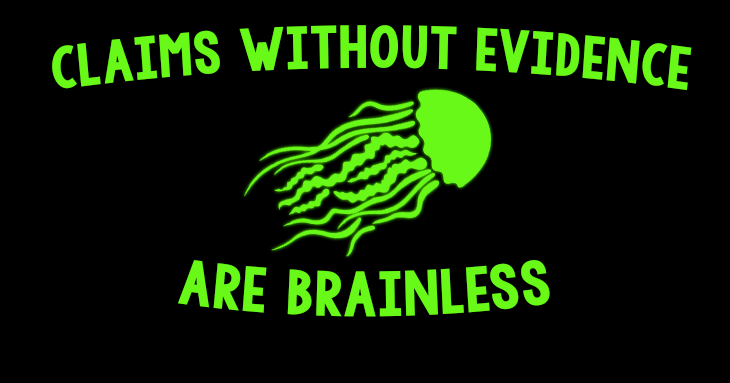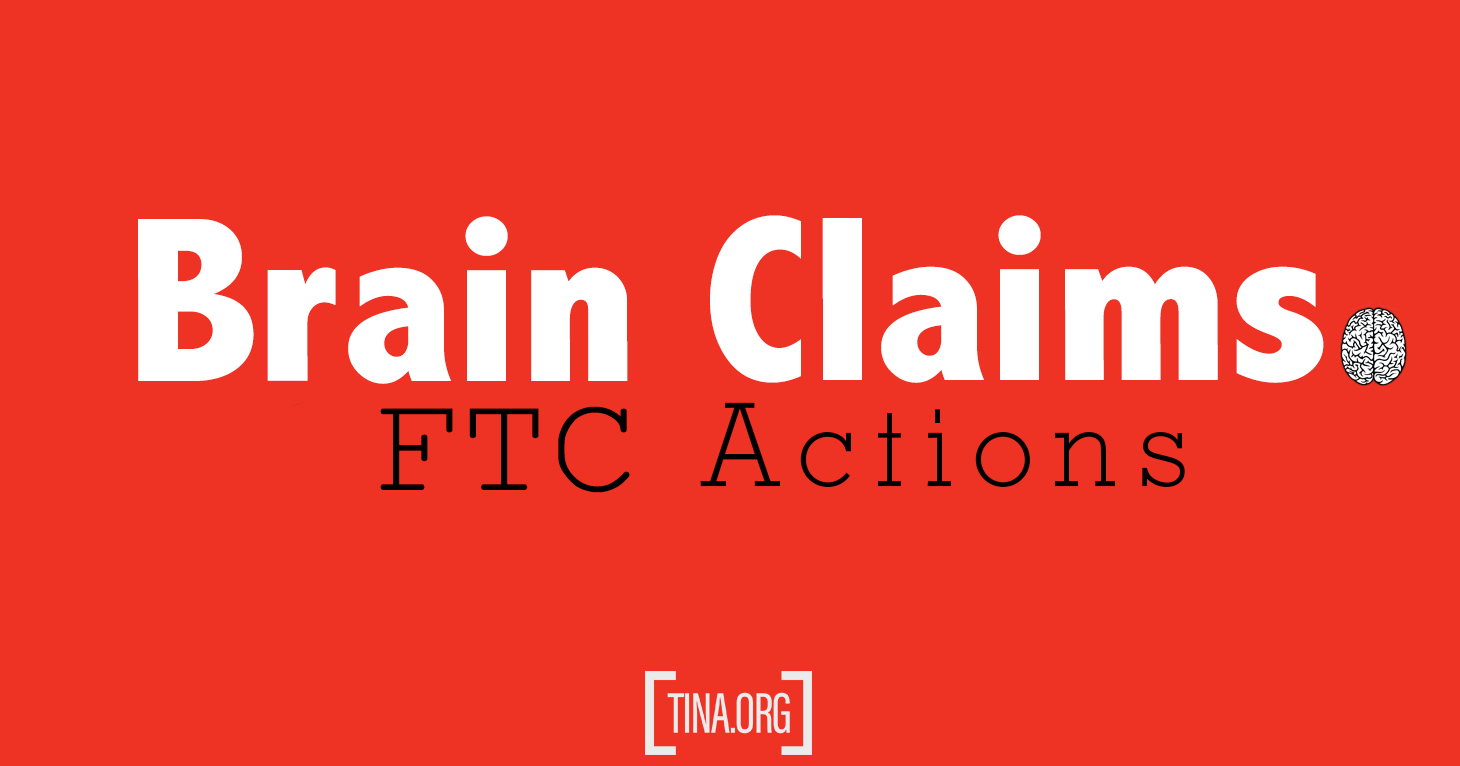
Best Reader Tips of 2021
This year reader tips led to dozens of ad alerts, as well as a complaint to regulators.
Five things you should know about the FTC, New York lawsuit against Prevagen.
|
The FTC and New York State Attorney General have charged Quincy Bioscience, the marketers of Prevagen, with making false and unsubstantiated claims that the product improves memory, provides cognitive benefits, and is “clinically shown” to work. The lawsuit filed in federal court in New York follows a TINA.org investigation into Prevagen and complaint to the FTC that revealed similar issues. Here are five things to know about the case:
New York State Attorney General Eric Schneiderman in a statement about the lawsuit called the marketing of Prevagen a “clear-cut fraud” and said the company targeted vulnerable senior citizens.
Prevagen has denied the allegations.
This is the fourth brain supplement case the FTC has brought in recent years. In 2015, the FTC obtained $1.4 million in a settlement for consumers who purchased a similarly unsubstantiated memory supplement called Procera AVH, sales of which topped $100 million. Martek Biosciences and i-Health Inc. settled FTC deceptive advertising charges in 2014 relating to claims that BrainStrong Adult could prevent cognitive decline and was clinically proven to improve adult memory. In 2013, the FTC returned more than $425,000 to consumers who purchased Disney or Marvel Hero-themed vitamins for their kids as part of a settlement with vitamin marketer NBTY Inc. and two subsidiaries that resulted from charges that the companies were making deceptive marketing claims that the vitamins promoted healthy brain and eye development in children.
Read more about TINA.org’s actions on Prevagen and its letters to networks advertising the products. TINA.org’s coverage of other brain supplement claims can be found here.
UPDATE 11/20/20: A federal district court has approved a class-action settlement over claims that Quincy Bioscience falsely advertises that Prevagen can improve memory. TINA.org had objected to the proposed settlement on the grounds that the terms were unfair to consumers, who are only eligible to receive a maximum refund of $12 unless they kept receipts. The FTC and state of New York’s lawsuit against Quincy is pending. For updates on that case, click here.
This year reader tips led to dozens of ad alerts, as well as a complaint to regulators.
Supplement MLM takes down dozens of deceptive claims following TINA.org investigation.
Since 1995, the FTC has brought nearly 70 actions over deceptive brain claims.


